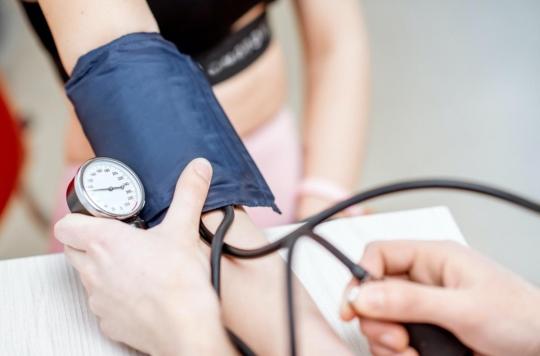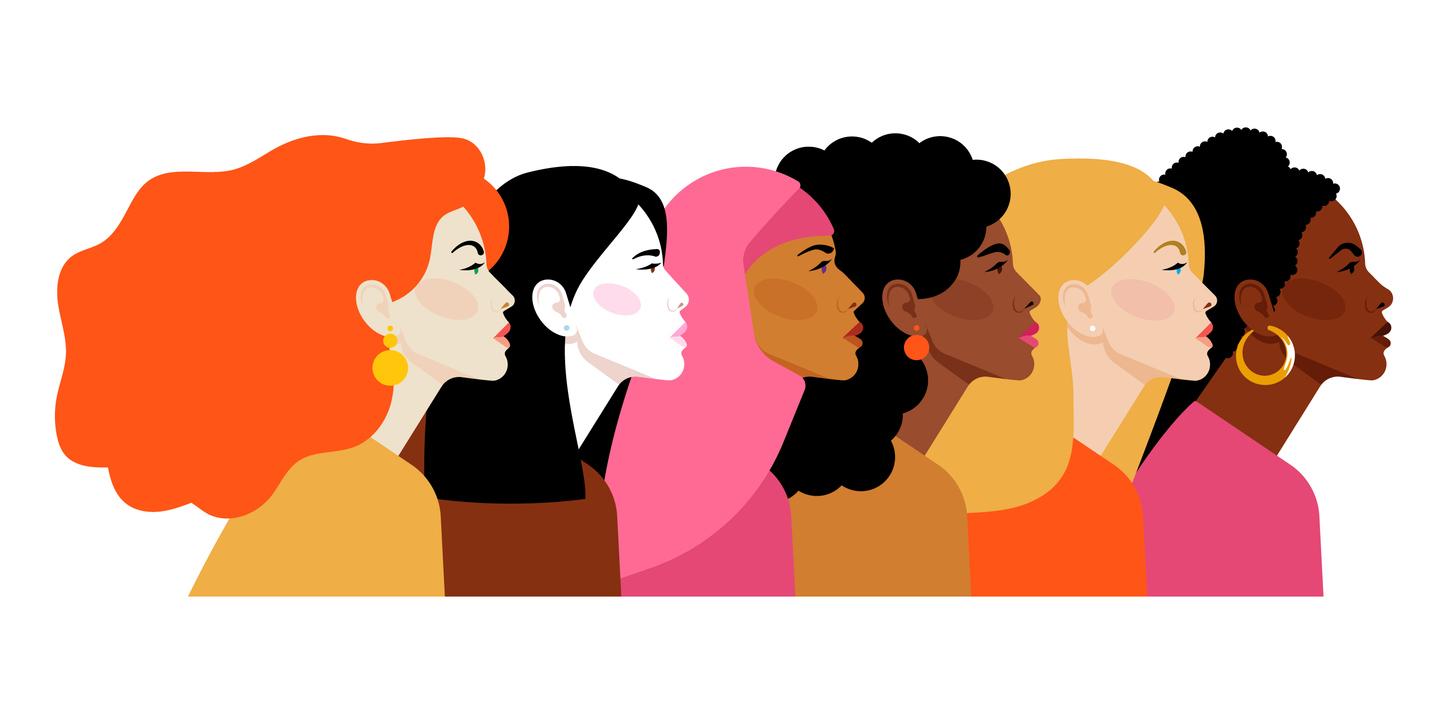Women’s blood pressure has a greater increase than men’s during their thirties.

- Blood pressure changes throughout life, which is why the risk of hypertension is higher in older people.
- Women’s blood pressure tends to be lower than men’s before age 60, but increases more sharply.
- The risk of hypertension increases at certain times in a woman’s life, such as menopause, pregnancy or after taking a hormonal contraceptive.
How does blood pressure change throughout life? American researchers have asked the question. In JAMA Cardiology, they explain that this evolution differs between men and women. According to their conclusions, the blood pressure of women tends to increase more sharply, from the age of thirty, compared to men.
What is blood pressure?
The beating of the heart circulates the blood, they allow the cardiac organ to act as a pump. The blood expelled from the heart to the various blood vessels exerts a force on the walls of the arteries: this is what blood pressure measures. It is defined by two values, a high and a low. The first, systolic, is measured when the heart contracts, the second, diastolic, when it relaxes. Always measured at rest, these two values are considered normal when they are 140 for the first and 90 for the second. When they are higher, we speak of arterial hypertension.
A lifetime increase
In this study, scientists observed the evolution of blood pressure in more than 30,000 people, 54% of them women, for forty years. “Women, compared to men, had a more pronounced increase in blood pressure, which starts in their thirties and continues throughout life“, they note. After 60 years, they also notice that the blood pressure of women is higher than that of men. These differences could be linked to several factors such as hormones, genetic differences, but also to economic and social differences. between men and women. For the researchers, other studies are needed to better understand these differences and thus better prevent risks.
What are the consequences of high blood pressure?
When a person has high blood pressure, it thickens and stiffens the walls of the arteries, and increases the workload of the heart. All of this can cause various cardiovascular or neurodegenerative complications: stroke, myocardial infarction, kidney failure, Alzheimer’s disease, etc. But the disease has few symptoms, some people experience headaches upon waking, dizziness and sometimes visual disturbances. If it is often silent, it is nevertheless very common: arterial hypertension affects approximately one in three adults.

.















